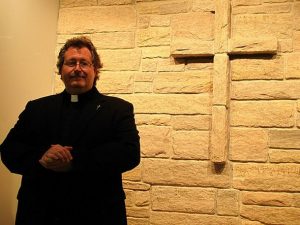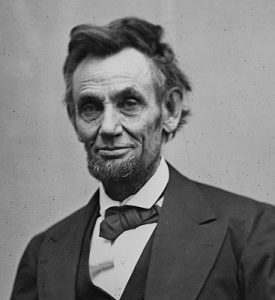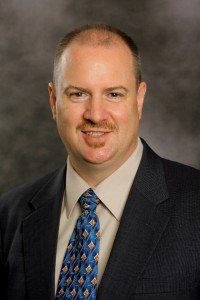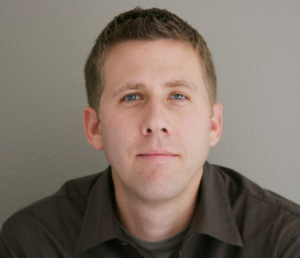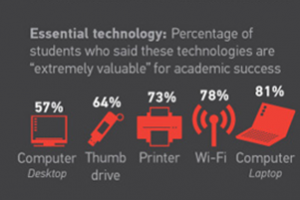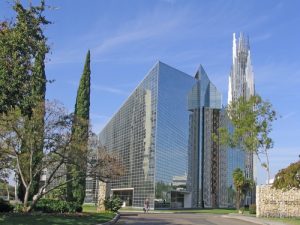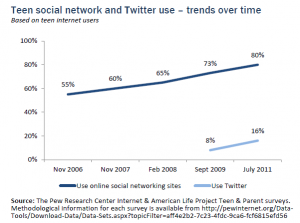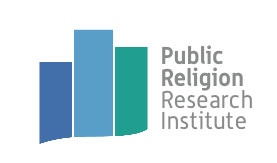Steve Denning's article on Forbes is one of many that report on the ten happiest jobs, based on the recent General Social Survey by the National Organization for Research at the University of Chicago. The top five are #5 - special education teachers #4 - authors #3 - physical therapists #2 - firefighters #1 - clergy So What? The original article in the Christian Science Monitor notes that psychologist, firefighter, and clergy all make the top ten: Since experts say that social Read More …
Trends
The 2nd Most Popular Person in America (#0567)
A recent national survey by Public Policy Polling sought to determine the most popular person in America. Only two people included in the survey received a 90% or greater approval rating: #1 Abraham Lincoln (91%) and #2 Jesus (90%). Of course, one could argue the survey data actually ranks them #2 and #3 since the survey respondents gave themselves an even higher favorable rating (93%). A select group received favorability ratings in excess of 80%: George Washington (86%) Read More …
Becoming a Tablet Family (#0566)
My wife purchased her first tablet, an ASUS Eee Pad Transformer, on Black Friday. I purchased my first tablet, a Lenovo Ideapad K1, a few days later for the same price. In the matter of a week we went from living in a tablet-free home to each having a 10.1 inch Android tablet of our own. And, of course, we both know we have the better tablet. Spec by spec the machines are relatively similar: mine weighs more, has more internal memory (32MB vs 16MB), and slightly better battery Read More …
Reverse Mentoring (#0564)
Leslie Kwoh's Wall Street Journal article, "Reverse Mentoring Cracks Workplace," describes the practice and benefit of reverse mentoring in the workplace. A reverse mentoring relationship involves young employees mentoring old senior level staff. The relationship offers executives the opportunity to learn technology and social media skills while providing the younger workers with "a rare glimpse into the world of management and access to top-level brass." So What? The church, Read More …
Internet Technologies for Discipleship (#0563)
Kelly Walsh, Chief Information Officer at the College of Westchester and seasoned IT professional, recently updated his list of ten internet technologies about which educators should be informed. Walsh's current list has changed dramatically, including only five items from his original list. The new list, in order, follows: video and podcasting resources, digital presentation tools, collaboration and brainstorming tools, blogs and blogging, social networking tools, Read More …
Review of You Lost Me (#0561)
Meet the Author David Kinnaman is best known as the co-author of the bestselling book UnChristian: What a New Generation Thinks About Christianity and Why It Matters (2007). Since joining the Barna Group in 1995, the 37 year old Kinnaman has designed and analyzed nearly 500 projects and supervised more than 350,000 interviews for client projects. Currently, he serves as president and majority owner. Book Basics UnChristian (2007) is an incredibly insightful, timely, and well Read More …
How Many Devices Does a College Student Need? (#0559)
Educause, a nonprofit association whose mission is to advance higher education by promoting the intelligent use of information technology, recently released their 2011 report on undergraduate students and technology. The associated infographic provides a visual overview of the findings divided into the following categories: institutions, instructors, software and hardware. Since yesterday was Black Friday and Cyber Monday is coming soon, I was drawn to the section on Read More …
The Megachurch Bubble (#0558)
Bob Smietana's recent article "Some fear megachurch bubble may soon burst" considers the possibility that the best days for megachurches may soon end. Since the 1970s the number of churches with 2,000 or more in weekly worship attendance in the United States has grown from fewer than a dozen to thousands. Several factors suggest the bubble may burst: Aging pastors/clergy and likelihood of significant decline during ministerial transition Unsustainable economics, including large Read More …
Teens & Social Networking (#0551)
The Pew Internet and American Life Project released "Teens, kindness and cruelty on social network sites" last week. Educators, parents, and those who work with teens in any capacity should consider the report a must read (click here to access the full 86 page report). It reviews the multi-stage research that began in December 2010 with a meeting of experts to help refine the project, continued with focus groups of middle and high school students in January and February of 2011, Read More …
2011 American Values Survey (#0550)
The Public Religion Research Institute recently released the findings of their annual survey of American values. The 2011 survey of 1,505 adults was conducted from September 22 through October 5. The data includes: Two-thirds of voters say that it is very important (39%) or somewhat important (28%) for a presidential candidate to have strong religious beliefs. A strong majority (60%) of Americans agree that the country would be better off if the distribution of wealth was more Read More …
